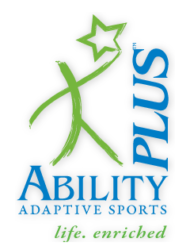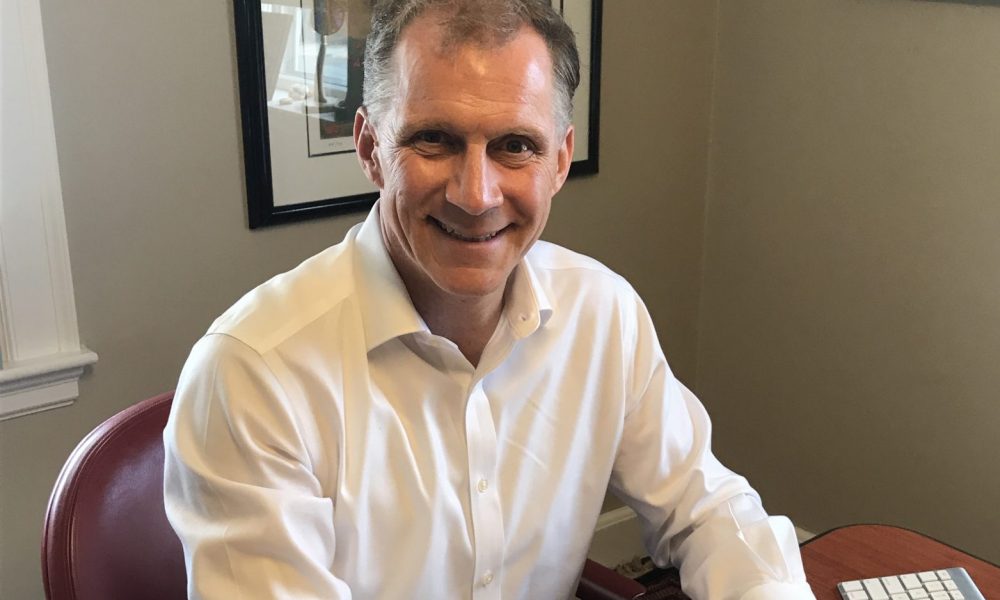The Impact of AbilityPLUS is Limitless ~ Mark Shepherd
Over 35 years ago, as I witnessed the early advent of adaptive skiing for the everyday recreational skier, access to skiing for a person with a disability was difficult and haphazard at best. Over the years, the development of strategies and teaching techniques and improvement in equipment has created an environment in which almost every person with a disability can enjoy the experience of skiing, snow sports, and nearly every other outdoor sporting activity.
I have seen the life changing and nearly limitless impact of AbilityPLUS for 20 years. In addition to people with physical, cognitive and other challenges, AbilityPLUS has had a profound impact on returning veterans – and as much of a profound impact on the volunteer instructors working with those veterans.
The first time I met soldiers coming home from war with life changing injuries was very painful, but the long-term relationship with these veterans has given me strength to carry on through any situation. The first person that I met said that she would take her life as soon as she left the hospital. She felt that with the loss of her leg, sight on her left side, burns covering the better half of her body, and excruciating pain she did not want to live. I asked her to hold off until she came to New England to learn to ski – it took over an hour, but I was able to convince her to give it a try.
She still said she’d take her life, but would try skiing first. She came to the AbilityPLUS program for a weekend with a few other wounded veterans and was defensive, skeptical, and scared – she did not grow up with snow or certainly skiing. We geared up in the morning – which was a familiar ritual for her even though it was different type of gear.
We started in the morning merely standing on a snowboard. She gradually moved to the learning hill, and by the next day she asked to go to the top of the mountain. Over the course of her instruction, as she faced and surmounted one challenge after another, she felt as though she was regaining herself.
Once we arrived at the summit, she said she made a mistake. We sat down for about a half hour going over how we would make it down, strategizing so she was in control of the plan and how it would be executed. She finally agreed to attempt the descent to the bottom. It took us about an hour to get to the base of the mountain; she fell and got back up countless times and was exhausted.
Once at the bottom, she immediately said let’s do it again. I began to cry, and she said to not feel sorry for her. I said I was crying because I was too tired to go back up – but the fact of the matter was that seeing her face down her challenges, persevere, achieve and want to immediately do it again was overwhelming.
Her reply to me was to suck it up, and let’s go!
We did go back up, and she made it down in a fraction of the time with re-found confidence. She not only is still with us today, but she went on to get her Masters degree in Communication and has become a great advocate for other wounded soldiers – helping those facing these same challenges navigate their way back to themselves.

